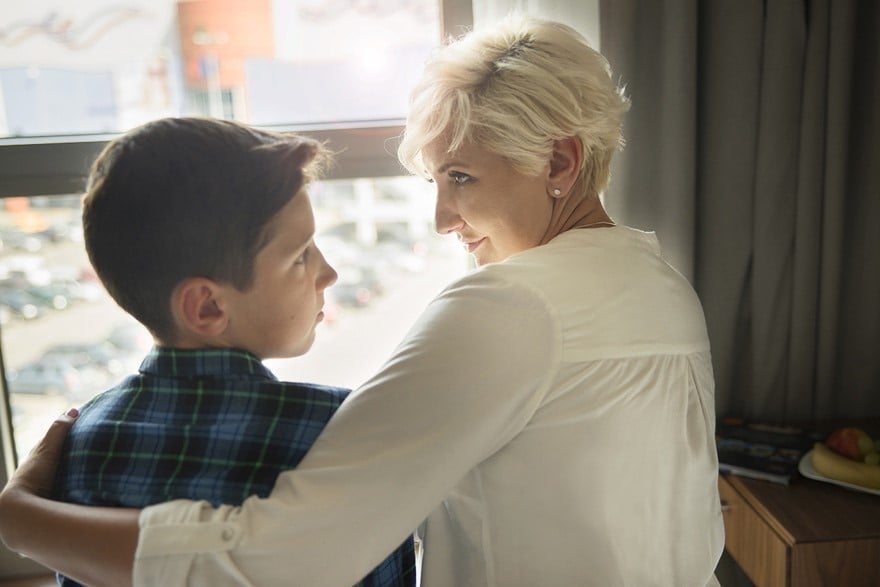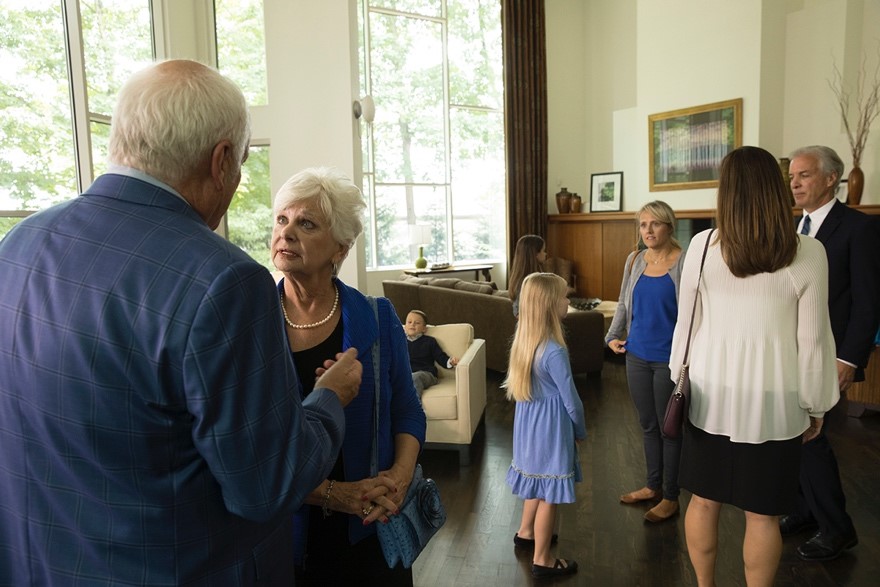-

How To Write A Memorable Obituary
Posted on November 9th, 2021
Posted by underAn obituary is a touching way to announce the death of a loved one and celebrate their life’s accomplishments. However, […]
-

“Mommy, when is Grandma coming back?”— Explaining Death to Children
Posted on November 29th, 2018
Posted by under“Mommy, when is Grandma coming back?”— Explaining Death to Children Knowing what to say to children when a loved one […]
-

My Loved One Said, “No Funeral.” What Should I Do?
Posted on October 8th, 2018
Posted by underMy Loved One Said, “No Funeral.” What Should I Do? This is an issue we hear about time and time […]
-

Responding to a Friend Who is Grieving
Posted on June 28th, 2018
Posted by underResponding to a Friend Who is Grieving We’ve all been touched by loss. Even if you haven’t lost someone […]
-

The First 5 Things You Should Do When a Loved One Dies
Posted on May 15th, 2018
Posted by underThe First 5 Things You Should Do When a Loved One Dies If someone you love has just passed away, […]

Blog
